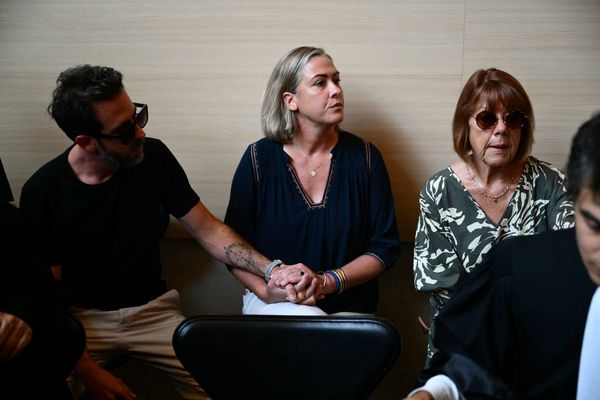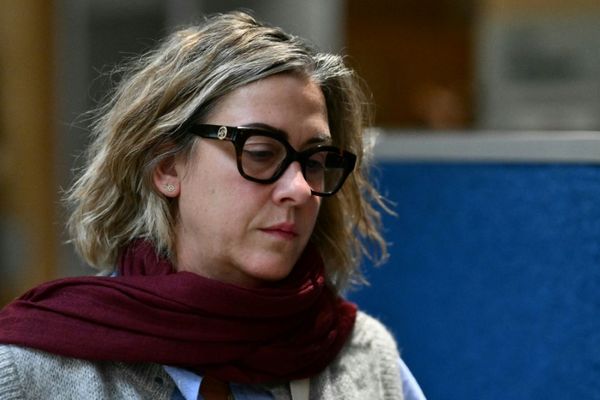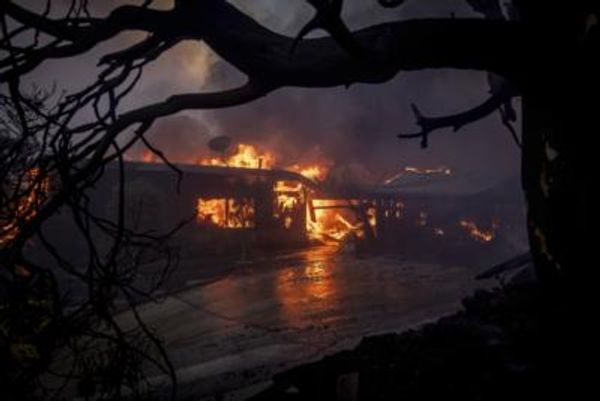The head of a humanist charity has called for a change in how the UK is run and structured as new figures show that less than half of the population of England and Wales consider themselves as Christian. Andrew Copson, chief executive of Humanists UK, said the 2021 census means "the UK is almost certainly one of the least religious countries on Earth”.
Some 46.2% of the population of England and Wales described themselves as Christian on the day of the 2021 census, down from 59.3% a decade earlier, the ONS said. This is the first time the proportion has dropped below a half.
The percentage of people saying they had no religion jumped from around a quarter in 2011 (25.2%) to over a third in 2021 (37.2%). There were increases in the proportion of people describing themselves as Muslim (up from 4.9% to 6.5%) and as Hindu (from 1.5% to 1.7%).
London remains the most religiously diverse region of England, with just over a quarter (25.3%) of people on the day of the 2021 census reporting a religion other than Christian. South-west England is the least religiously diverse region, with 3.2% selecting a religion other than Christian.
The religion question was voluntary on the 2021 census but was answered by 94.0% of the overall population of England and Wales, up from 92.9% in 2011, the ONS added.
Mr Copson said the census results “confirm that the biggest demographic change in England and Wales of the last 10 years has been the dramatic growth of the non-religious”.
He continued: “One of the most striking things about these results is how at odds the population is from the state itself. No state in Europe has such a religious set-up as we do in terms of law and public policy, while at the same time having such a non-religious population.
“Iran is the only other state in the world that has clerics voting in its legislature. And no other country in the world requires compulsory Christian worship in schools as standard.
“The law has failed to keep up with the pace of change, and as a result, the enormous non-religious population in England and Wales face everyday discrimination, from getting local school places to receiving appropriate emotional support in hospitals. These census results should be a wake-up call which prompts fresh reconsiderations of the role of religion in society.”







